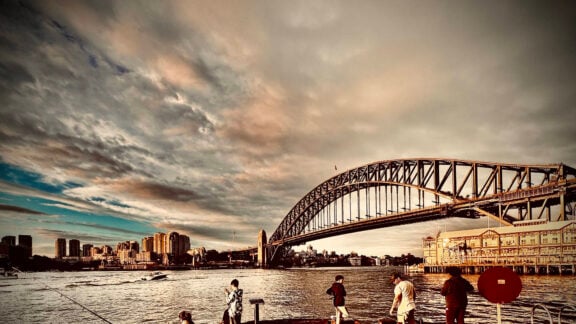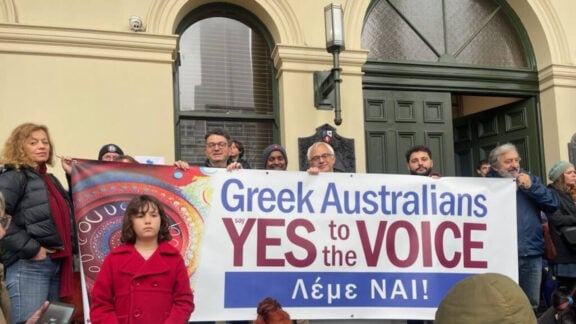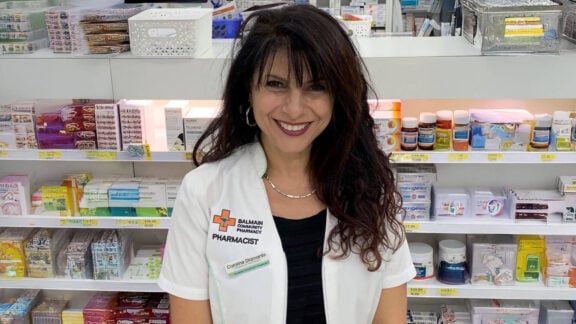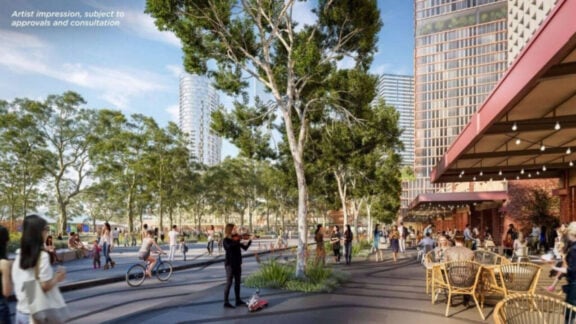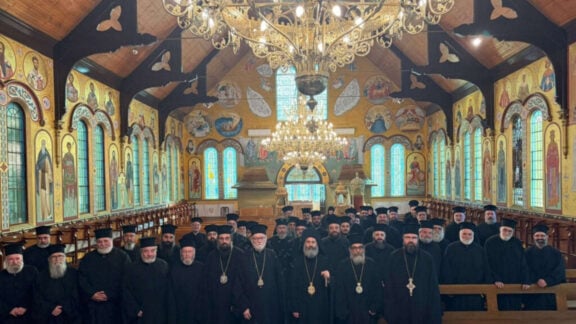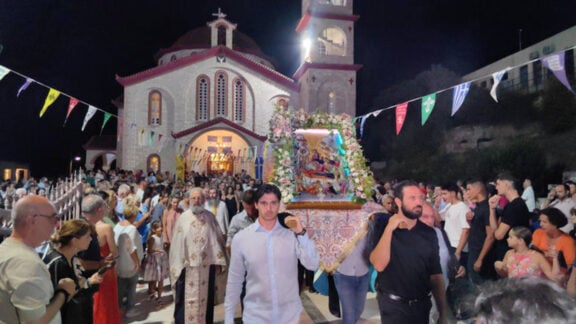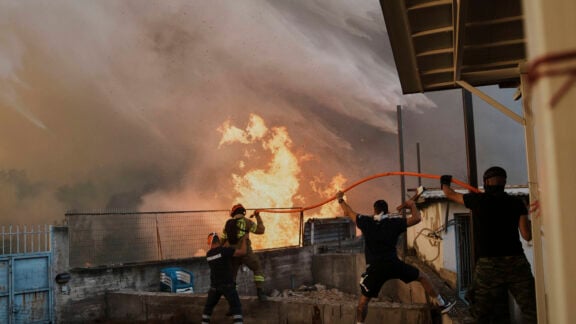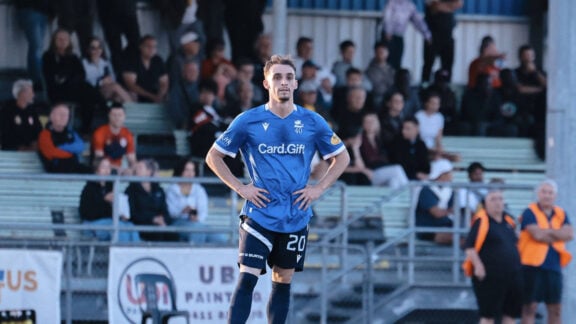Dozens of Australians have been caught up in the Greek surrogacy scandal and anxiously await news about their prospects of bringing their babies home.
Thanks to its strong IVF regulation and judicial oversight, Australia is considered a “pretty safe bet” for surrogacy. This reputation prompted many, including Brisbane-based family and fertility law specialist Stephen Page, to recommend Greece as a surrogacy destination.
“Having a strong IVF regulator and a real level of judicial oversight has always given us comfort that Greece is generally a good destination for intended parents,” Page told the ABC.
Sam Everingham, the founder of Growing Families, a not-for-profit organisation that guides Australian families through surrogacy, had directed numerous families to the clinic at the centre of the scandal.
He described it as a family-run establishment with a close-knit atmosphere, making it appear compliant with the rules. -“There were no warning signs to us as outsiders that there was anything amiss,” said Everingham.
Everingham is now actively assisting 35 families, including seven with ongoing pregnancies and 40 with stored embryos and genetic material at the clinic. Some Australian families can access their children if they are born after the scandal; however, those without a genetic link face additional challenges.
Sarah, in her late 40s, embarked on her fertility journey following the end of a previous relationship. She spent between $200,000 and $250,000 on fertility treatments, including €80,000 ($135,000) at the Greek clinic.
“It’s who I am, and I can’t imagine not having a child,” she said.Her situation is more complicated by her lack of genetic connection to the surrogate baby.
Everingham is now collaborating with Australian and Greek authorities to find a solution for Sarah and others in similar predicaments.
He hopes a DNA test will demonstrate that the surrogate is not genetically related to the child to justify placing the child in Sarah’s care. Sarah had obtained a court order confirming her surrogacy arrangement before the scandal erupted.”There are a lot of victims in this scandal, surrogates and intended parents included. The last thing we want is to make the children victims as well,” Everingham said.
Australian woman shares her story
After years of expensive and emotionally taxing fertility treatments and surgeries, Sarah (who spoke to ABC anonymously, name has been changed) finally thought motherhood was near.
Australia’s strict surrogacy laws forced Sarah, like many others, to seek an overseas option. In 2022, she found a fertility clinic on the island of Crete. Like many others caught in the scandal, she liked the quality and approach at the Cretan clinic and established a connection with a surrogate. Sarah was eagerly anticipating the birth of her child through surrogacy in September.
Her world was shattered last month, in August, when Greek authorities executed a raid on the surrogacy clinic and arrested senior staff after charging them with human trafficking, falsifying records, and mistreatment of numerous women who had volunteered as surrogates.
Sarah is now distressed and has bouts of severe anxiety. “I’m very stressed. It’s hard to sleep or concentrate on anything but this.”The lack of official communication from the clinic after authorities closed it down has exacerbated Sarah’s anxiety.
She has been relying on Facebook and intermediaries in Crete for updates. “It’s gut-wrenching; the shock and not knowing. It wasn’t easy to understand what was happening at the time.
When you don’t know, it’s just as bad as knowing sometimes.
It was awful,” said Sarah. Sarah maintains daily contact with her surrogate, who is reportedly doing well under the circumstances, and she stays connected with numerous Australian families facing similar challenges.
“You don’t go down this route without a back story and a painful journey behind you to get to this point. I hope and pray that it works out for all of us,” Sarah said.
According to Everingham, the barriers to surrogacy in Australia include the inability to adequately compensate surrogates, complications with registering intended parents on birth certificates, a ban on advertising for surrogates, and a lack of Medicare support for surrogacy.
He stressed the need for supportive organisations to facilitate surrogacy arrangements, offer counselling, and address these issues without being obstructed by outdated laws.
Stephen Page said that for every child born through surrogacy in Australia, four are conducted to Australian intended parents overseas each year.
He called on the federal government to act on a 2016 parliamentary inquiry that recommended creating uniform national laws to facilitate surrogacy in Australia, including considering the legalisation of commercial surrogacy.
Australia’s ambassador to Greece, Alison Duncan, is working with Greek authorities to find solutions for Australian families impacted by the clinic’s scandal.
The Department of Foreign Affairs and Trade confirmed its ongoing assistance to affected families.

